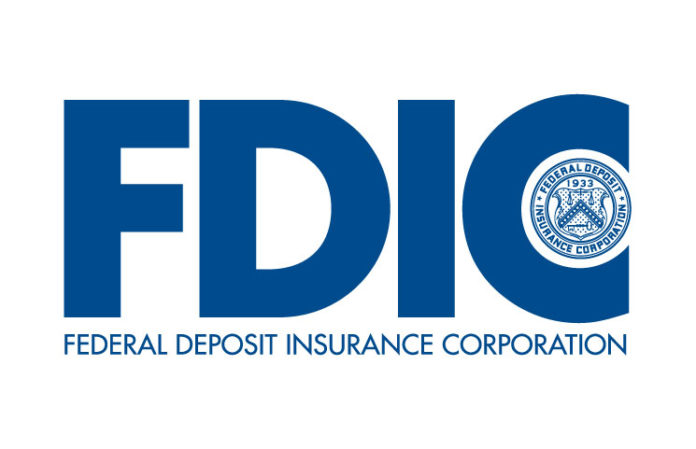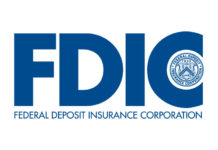
The Federal Deposit Insurance Corporation is a government corporation is a government entity that ensures bank deposits and thrift institutions by at least $250,000. The organization promotes and preserve public confidence in the financial system so that individuals can conduct their large transactions without fear of issues arising. In 2010, the FDIC released an insight guide concerning an industry that has grown to be significant – the life settlement industry.
While there are certainly promising features of life settlements, there are also a number of factors that individuals should be aware of before deciding that a life settlement is the right option for them.
What Is A Senior Life Settlement (SLS)?
A Senior Life Settlement is a transaction whereby an individual can sell his or her life insurance policy to a company and receive a lump sump payment in return. The amount that an individual receives is often more than the surrender value, but much less than the death benefit. Additionally, the settlement company will often collect life insurance policies that it has collected and repackage them into bonds. When they are packaged into bonds, they become securities and are termed “death bonds.”
Life settlement companies often target older individuals who are ages 65 and above and who are in poor health as well. After all, the settlement company only receives a return on their investment when the individual passes away. As previously mentioned, life settlements may be touted as a positive investment for many older individuals, but there are certainly risks as well – including that of fraud.
The History Of The Senior Life Settlement Market
The SLS market has an extensive history and it originated in 1911 with a United States Supreme Court Case called Grisby vs. Russel. The court held that the policy holder had the right to transfer their insurance policy. While the court did not specify that a life insurance policy, this holding opened the way to transfer life insurance policies anyway.
At first, life settlements were called “viatical settlements” – but as individuals can tell, it isn’t a very attractive term, hence the transition to “life settlements.” Throughout its development, the life settlement companies faced a number of challenges.
In particular, men and women were living longer due to the progression of medical technology. The higher life expectancy rates meant that life settlements companies had to wait longer to receive the death benefit. To hedge against this, life settlement companies started creating death bonds, which are securitized. A security is a type of investment tool that is regulated by the Securities Exchange Commission and that is subject to specific regulations.
For many, death bonds are an investment tool and offer a number of promising features. For example, performance of these bond is not connected to the market’s influence like most securities. Further, the value does not rise and fall either. Also, because death bonds are a collection of investments, the risk is distributed over a large pool, thereby reducing the risk and perhaps enhancing the return.
There are pitfalls to be aware of as well. While investors certainly may luck out when it comes to these transactions, those who sell their life insurance policies may find themselves at risk. According to the American Council of Life Insurers, life settlements should be banned because the securitization of them (death bonds) could increase the level of fraudulent activity, particularly when it comes to Stranger Originated Life Insurance (STOLI).
To put it into perspective, STOLI is the creation of a life insurance policy that is created for the benefit of an individual who has no insurable interest. While a New York court case in 2010 had prevented such a practice, the law was later revised to allow for it.
Are Senior Life Settlements Regulated?
While there is no overarching federal legislation concerning life settlements – aside from federal securities laws controlling death bonds, some states have enacted their own legislation to control the complex financial transactions. In addition, states have their own securities regulation that complies with federal law as well to control death bonds.
According to the FDIC, most state laws have been developed by the National Association of Insurance Commissioners. The law addresses factors such as licensing requirements annual reporting, setting the standard for reasonable returns from the sale of insurance policies, and it also prohibits finders fees to the physician of the insured. These practices are meant to protect individuals, much more than the life settlement companies.
Unfortunately, when it comes to death bonds, there are many companies that operate under federal securities laws, but they fail to comply with them. Worse yet, not only do they fail to comply, but their lack of compliance is infrequently brought to the attention of the SEC. The lack of regulation cause more issues for those who are interested in life settlement because it increases their risk to fraud.
How Consumers Can Protect Themselves
Consumers who are interested in life settlements do have avenues to protect themselves against fraudulent life settlement companies, even in the face of aggressive marketing tactics. According to the FDIC, the amount of life settlement companies is growing, which means there is more aggression and competition.
Rather than fall prey to tactics, here are the factors that consumers should take into account when choosing a life settlement:
- Verify that the life settlement company or broker is licensed
- Look for third-party issued information concerning life settlement companies and their licenses
- Do not be pressured to make a quick decision
- Calculate the transaction costs, ensure that the price for the policy is fair, and choose a transparent company that identifies all of the fees commission, and the like
- Assess the impact of the policy’s sale upon survivors – consider their income and financial need at the time of one’s passing
- Determine the tax consequences and try consulting at ax professional
Further, it is useful to get legal advice as well and to read the privacy policy. Companies often sell the insurance policy to a third party, which may thus gain access to a range of personal information that can put one at risk.
Overall, those who are interested in getting started with a life settlement should take the above factors, and any others, into consideration. These tactics ensure that individuals can remain safe in the process and protect themselves against fraud.

![How To Exchange Life Insurance Settlement Policy For Cash Money [Guide] How To Exchange Life Insurance Settlement Policy For Cash Money](https://whylifesettlements.com/wp-content/uploads/2018/01/How-To-Exchange-Life-Insurance-Settlement-Policy-For-Cash-Money-218x150.jpg)









